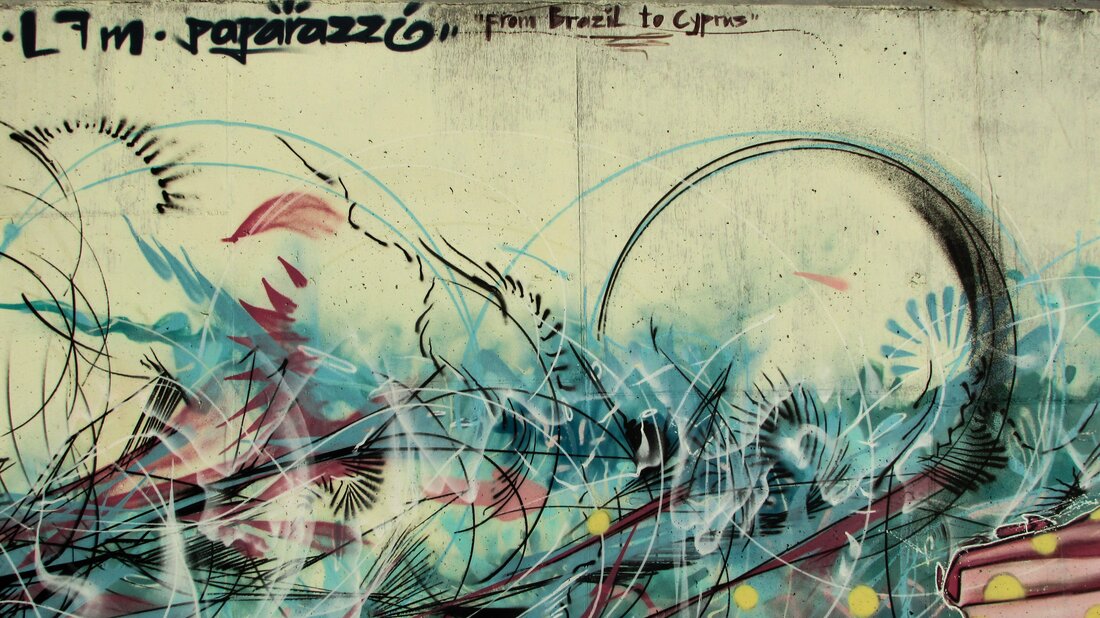Joint Learning Process on Peacebuilding & Migration (JLPM)
One perspective on the peace-migration nexus, and perhaps the more obvious one, is that armed conflict and violence can trigger involuntary migration. Another perspective suggests that migration – voluntary and involuntary – plays a role in peace and conflict dynamics in countries of origin, transit and destination. Moreover, people who migrate or flee deal with conflicts along the migration route, in host countries and upon return. Hence, migration issues should be part of comprehensive peace policies and actively incorporated in peacebuilding programming. The peace-migration nexus in this sense is not about preventing migration or instrumentalizing peacebuilding, but is relevant as an element of conflict transformation. Against this background, the Joint Learning Process on Peacebuilding & Migration explores risks, challenges and opportunities of the peace-migration nexus. Building on experiences and perspectives of practitioners, policy-makers, activists and researchers, the JLPM discusses the relationship between migration and social cohesion, the implications of migration governance approaches for peace and stability, and the participation of migrants, including refugees, asylum seekers and IDPs, in peace processes.
The project between the Swiss Platform for Peacebuilding KOFF at swisspeace and the Swiss Section Migration Foreign Policy of the Human Security Division of the Swiss Federal Department of Foreign Affairs aims at better understanding how to systematically and strategically integrate migration into peacebuilding policy and programming. The underlying assumption is that the strategic inclusion of migration phenomena into peacebuilding offers yet untapped potential for conflict prevention and conflict transformation.
To this end, over 15 months, KOFF has facilitated exchange and learning between practitioners, policy-makers, activists and researchers from the peacebuilding, development cooperation, human rights, humanitarian aid, migration and security fields.
At the same time, KOFF has developed three case studies on specific topics relevant to the migration-peace nexus: (1) social cohesion in the Rohingya refugee crisis in Bangladesh (2) participation and inclusion of people in exile in the Colombian Truth Commission (3) approaches to migration governance and peace in Ethiopia.
The exchange and the case studies contributed to the development of a toolbox for practitioners and policy makers, containing a set of recommendations on how to understand and how to approach migration phenomena as integral elements in peacebuilding policy and programming. The recommendations in the toolbox and the insights from its application on the ground will feed into a policy dialogue at the Swiss and the international level, in order to foster an evidence-based policy discourse and improve practices on the nexus of peacebuilding and migration.
